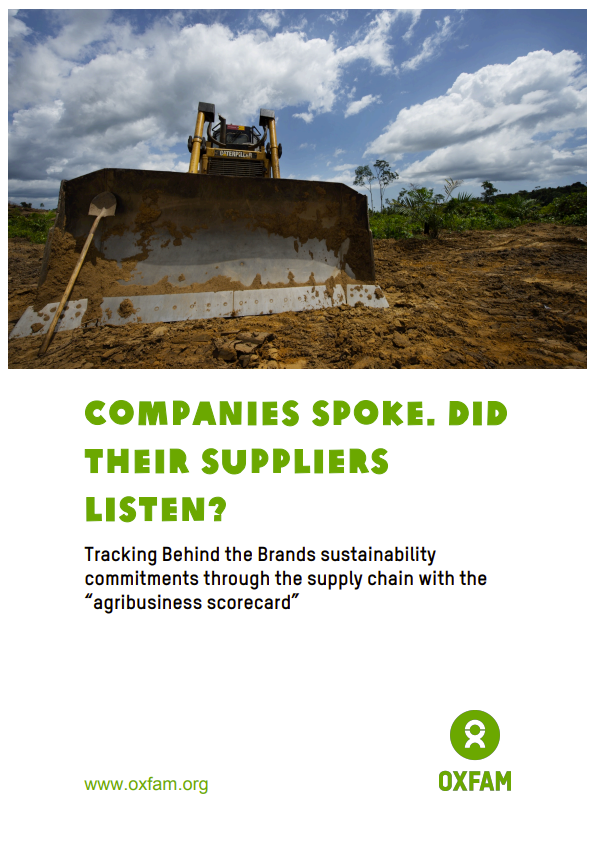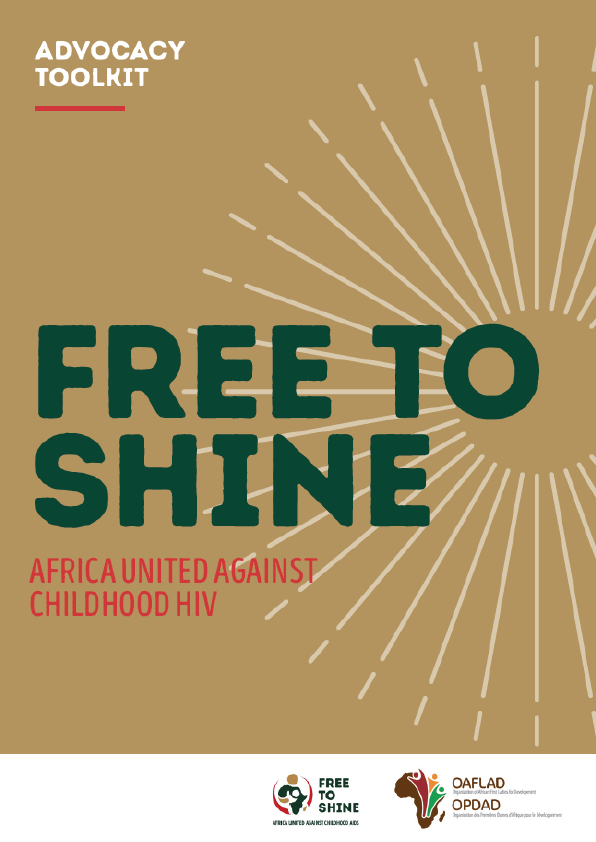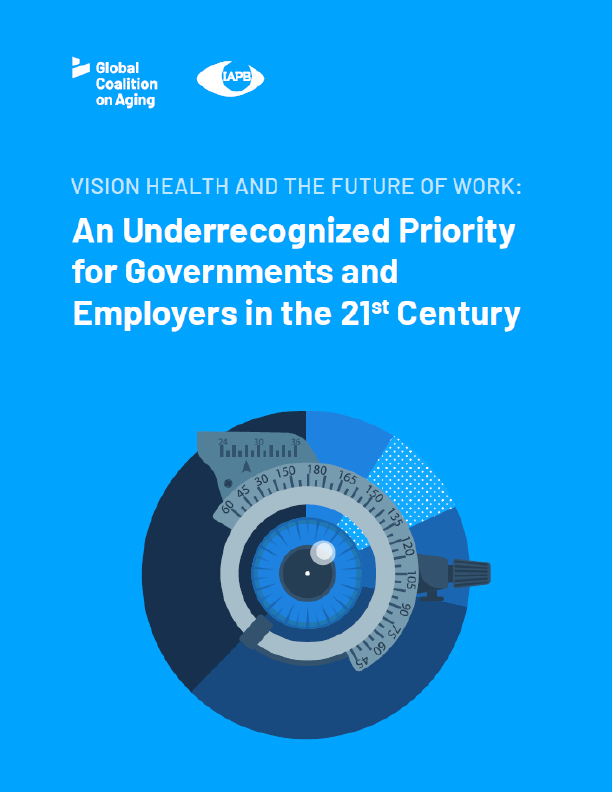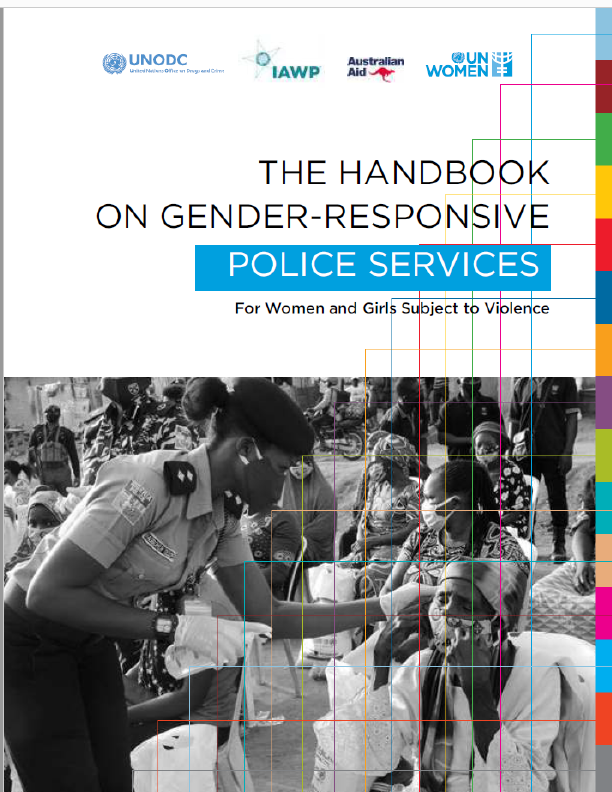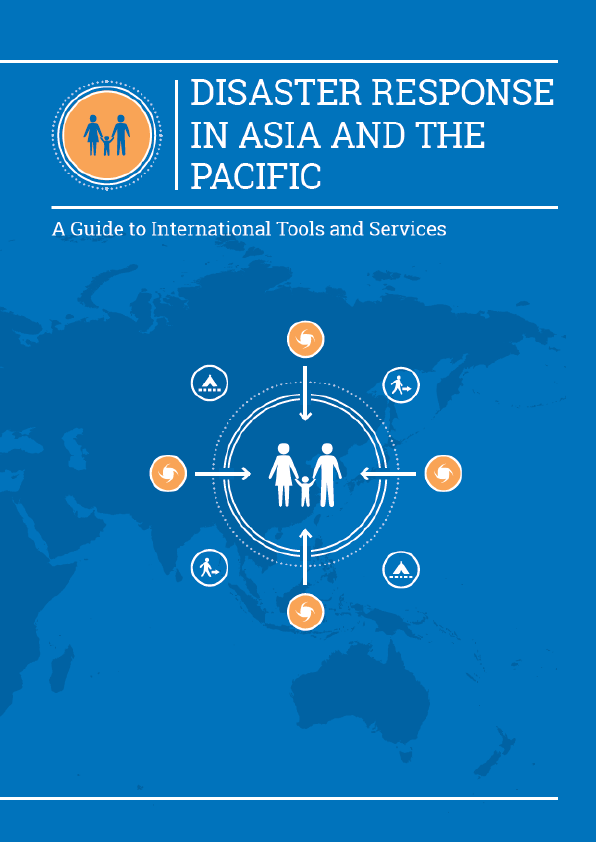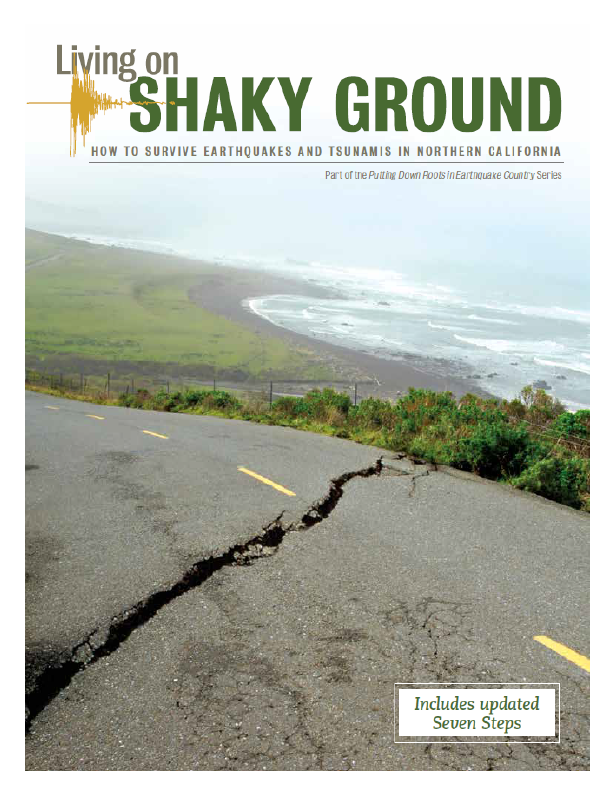Companies spoke. Did their suppliers listen?
Tracking Behind the Brand’s sustainability commitments through the supply chain with the ‘agribusiness scorecard’
This report presents the new “agribusiness scorecard,” which measures the strength of seven agribusinesses’ sustainability and responsible sourcing policies.
Today’s food system is not working for everyone. Millions of women and small-scale food producers lack secure rights to the land they depend on, leaving them vulnerable to deforestation and land grabs by governments and private sector investors for expanding agricultural commodity production. Greenhouse gas emissions and climate change further impact small-scale food producers, with droughts, flooding, and volatile weather patterns making it even harder for them to grow the food we all rely on. Women producers often lack access to formal jobs, markets, land, and credit. Such market and policy failures often contribute to gender inequity.
Agribusiness refers to the enterprises, the industry, and the field of study of value chains in agriculture and in the bio-economy, in which case it is also called bio-business or bio-enterprise. The primary goal of agribusiness is to maximize profit while sustainably satisfying the needs of consumers for products related to natural resources such as biotechnology, farms, food, forestry, fisheries, fuel, and fiber — usually with the exclusion of non-renewable resources such as mining.
Agribusinesses are powerful actors within the global food system; they are also key links between consumer-facing food and beverage giants such as The Coca-Cola Company, Nestlé, PepsiCo, and Unilever, and the people who produce the world’s food. Agribusinesses’ market position and concentration give them significant power over how commodities are bought and produced, and thus enormous influence over the lives of millions of small-scale food producers. And they are massive. Oxfam assessed the seven agribusinesses with the new agribusiness scorecard—Archer Daniels Midland (ADM), Barry Callebaut, Bunge, Cargill, Louis Dreyfus Company, Olam International, and Wilmar International—together generate over $290bn in revenue each year. 3 Olam alone has 4.7 million farmers in its supply chain and operates in more than 65 countries.
Despite their power, agribusinesses have historically operated under the radar of public scrutiny, with the exception of their palm oil practices, primarily in Indonesia. 5 Many lack the sustainability and responsible sourcing commitments necessary to effectively manage social and human rights risks and impacts. The companies they sell their commodities to, however, place a high value on what consumers think about their brands. And consumers increasingly want to know whether their favorite snacks and beverages are free of deforestation and exploitive sourcing practices.
In 2013, bolstered by hundreds of thousands of actions by concerned consumers and with the support of investors representing $1.4 trillion in assets under management, Oxfam began challenging 10 influential food and beverage giants (the “Big 10”) to improve their social and environmental performance through its Behind the Brands campaign. Many of the Big 10 led their industry by adopting policies on women, land, and climate over the course of the campaign. Mars, Mondelez, and Nestlé are committed to tackling gender inequality. The Coca-Cola Company, PepsiCo, and others declared zero tolerance for land grabs. General Mills and the Kellogg Company pledged to fight climate change, setting science-based targets for reducing greenhouse gas emissions and eliminating deforestation from their supply chains.
Because the food and beverage giants sit toward the end of massive supply chains, to implement their commitments, meet consumer demand for sustainable and ethical sourcing, and ultimately do right by farmers and communities, these companies must ensure that their suppliers—global agribusinesses included—change their practices. Independently, agribusinesses have an internationally recognized responsibility to respect human rights, and an opportunity to conduct business in ways that help create a more sustainable food system by supporting women and small-scale producers and addressing land conversion, deforestation, and associated emissions.
Initial steps to practice change at scale include stronger social and environmental sustainability policies and rigorous plans to implement them. This report thus focuses on the following questions: Do agribusinesses’ sustainability policies and implementation plans meet standards set by leading Big 10 companies and for best practice? Are agribusinesses prepared to manage their operations in a way that brings about improved impacts for women, small-scale food producers, and on land and climate? The verdict: There is major room for improvement. The figure below shows the results from the new agribusiness scorecard.
